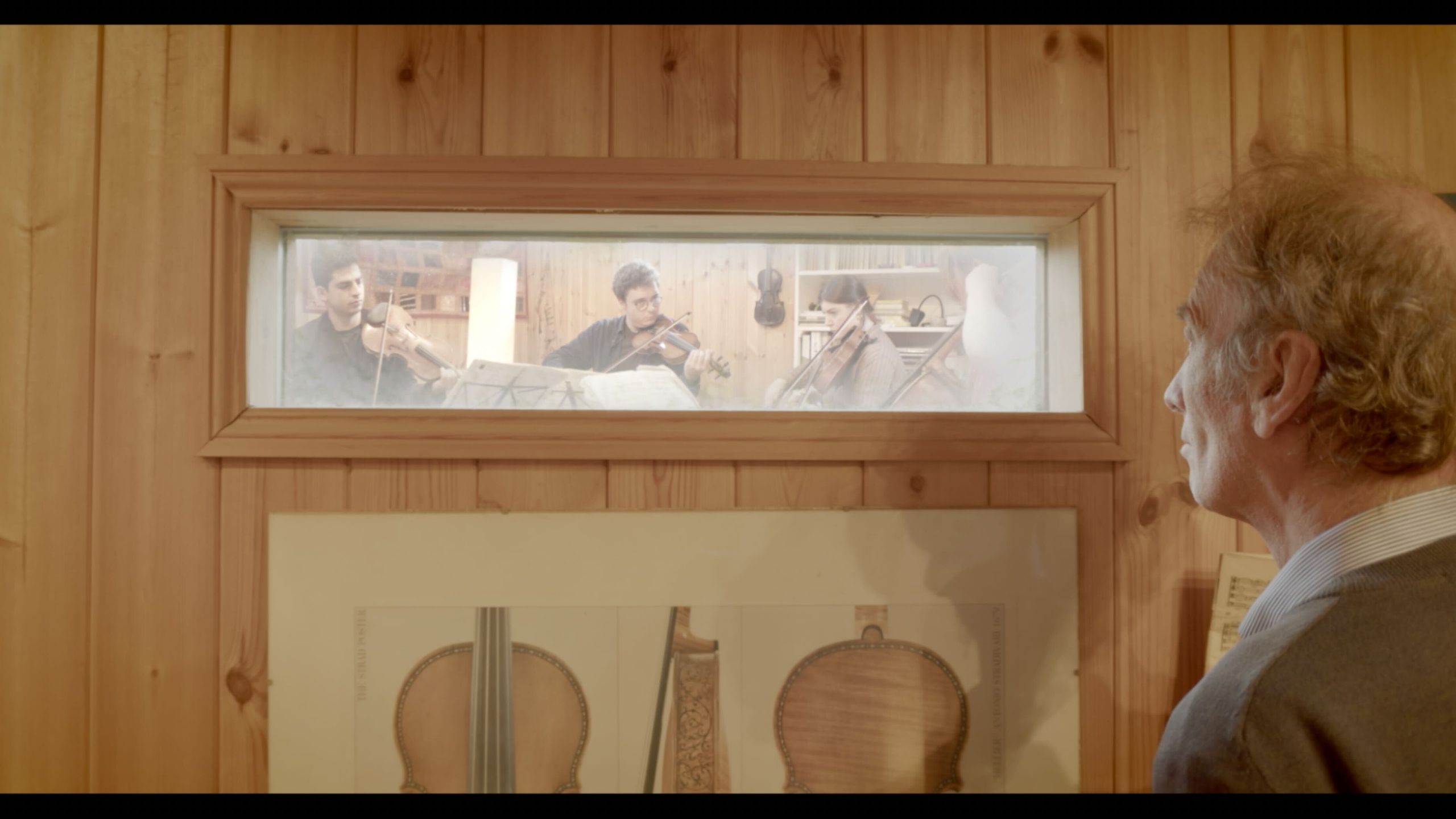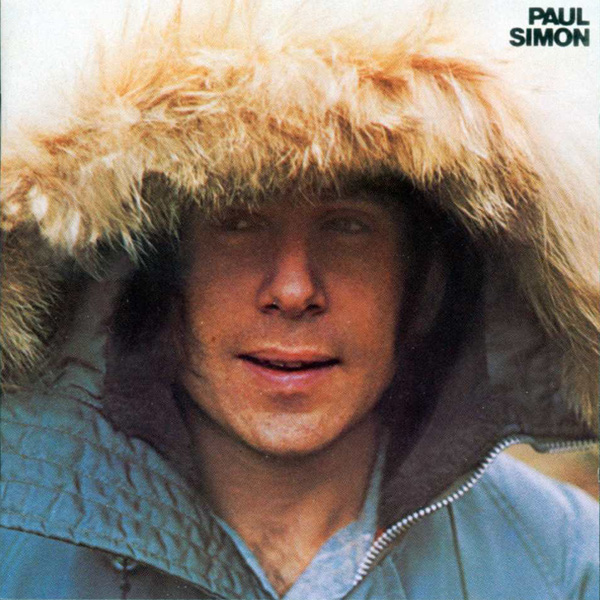
REVIEW: RxJ
It begins with Mercutio, which is right. For an adaptation of Romeo and Juliet which claims to be a ‘radical new imagining of Shakespeare’s classic,’ it seems intuitive to open with Mercutio’s dying speech, the moment the play turns to tragedy, merging with the familiar prologue. Rory Fraser doesn’t deliver the speech as if he’s hurt, instead detached, but by the time he comes to pun on his own death for real later in the play, I unfortunately didn’t find that I’d come to care any more about him than at the start.
I put this down to pacing more than anything; the idea of scrambling the structure of the play to produce an unconventional Romeo and Juliet is a good one, but RxJ plays out in largely the same fashion as the original. The opening with the couple’s first meeting at the ball is well done, but I would have appreciated returning to this image, perhaps even at the end, to give a kind of inescapable awfulness to their lust. More drastic intercutting or overlapping of the high and low moments of the play would have been welcome to speed us towards the trainwreck ending.
This is the first OUDS production at the Pegasus Theatre in Cowley, a great space and opportunity for the student drama scene which will hopefully continue to be available. The production team have made beautiful use of the space, with a neon X constantly present above the characters, cardboard geometric structures dotting the stage and a raised platform acting variously as a bed or a tomb.
Much is efficiently handled here: Sophie Badman is a composed and charming Juliet, Ana Fernandez a strong, self-righteous Nurse, Hugh Toppin is in strong voice as Friar Lawrence and Tommy Simon a diverting Lord Capulet. The costume design, by Hattie Morrison, is fresh and joyful (though Mercutio should surely be in a more scandalous crop top than Romeo?) and something I’d like to see a lot more of.
The sharp, repeated routines of the dancers to RxJ’s techno soundtrack is about as physical as the production gets, which is another of my misgivings. We don’t feel the lust between Romeo and Juliet; during the balcony scene, they stand in a crossing X of spotlights to convey the distance between them, but we don’t see their impatience at this distance, nor the irrepressible passion which overcomes it. Like much of student theatre, the actors seem a little reluctant to touch each other, so we don’t connect with Juliet’s frenzy at thinking Romeo is dead when she’s only shaking the Nurse by the shoulders in a half-hearted, stage way, and Fraser’s Mercutio doesn’t quite live up to the menacing fervour of the Queen Mab speech. Similarly, Romeo’s (Cassian Bilton) best physicality is when he’s anguished, not when he’s with Juliet.
The play’s violence, too, isn’t convincing: perhaps if the slightly comical red and blue rubber truncheons were carried constantly it would seem like the brief fight was built to, had burst out uncontrollably, and was earnt. Mercutio and Tybalt’s duel is usually played as a joke which becomes serious in an ugly moment, sometimes portrayed as an accident, which again highlights Mercutio’s death as a pivotal point in the play, but there’s no sick lurch here where everything becomes serious. The red dust which serves as blood suits the pastel pink and blue of the Montagues and Capulets, but Tybalt’s no more than a bit part and Lord and Lady Montague are absent, so the feud itself seems unimportant, a non-issue.
I loved that RxJ ended with ‘Can’t Take My Eyes Off You’ playing over the dead bodies (the kind of grim and joyful irony Filth (2013) closes on), as well as the intercutting of Romeo in the catacombs with their wedding, as if a flashback he was having. Juliet doesn’t wake up to see her lover dead, though, and the potential of placing that scene at an earlier point in the play was wasted. Throughout RxJ I had the feeling that if the restructured script been even further messed around with, its problems would have been smoothed over. Taking more risks and pushing the concept to its extreme might have given a more disconcerting atmosphere, a better taste of the violent desires with their violent ends, and a greater sense of the unavoidable tragedy of the story. I loved RxJ’s ambition, but I wanted even more from it.







